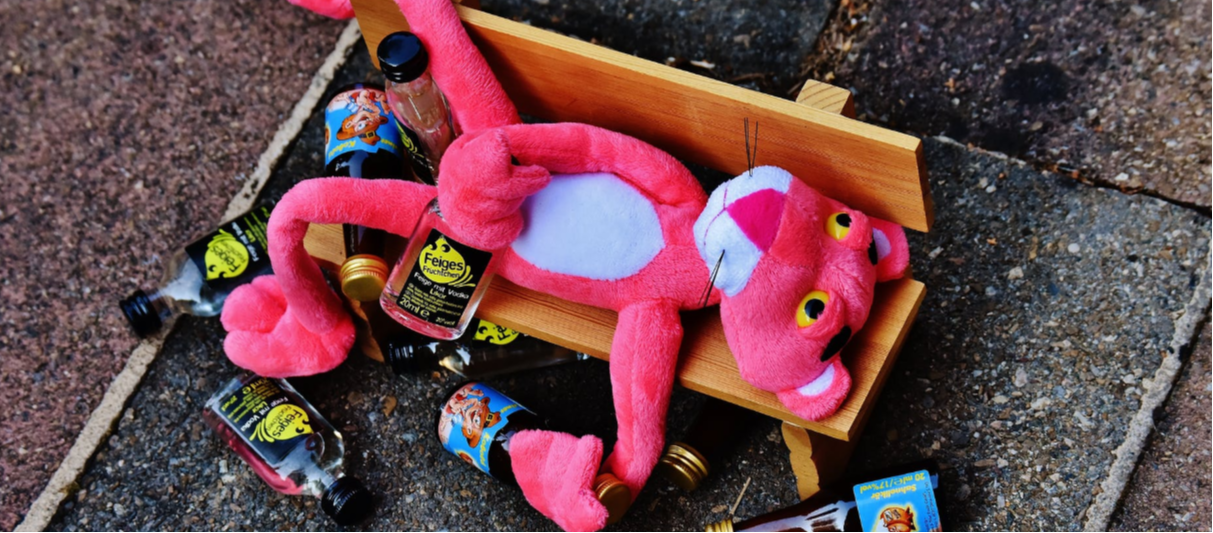Last year, some 860 teenagers ended up in hospital, a rise of 70 on 2016. Most of them were in a coma when they were admitted, the paper said. Moreover, figures also show that increasing the age at which teenagers can buy alcohol from 16 to 18 has had no impact on the problem.
Doctors have been keeping a record of how many children are admitted to hospital with alcohol poisoning since 2007.
According to paediatrician Nico van der Lely, an alcohol-induced coma is like hitting a child on the head with a baseball bat. “If you have been that drunk twice, your IQ will drop 10 to 15 points, and that can mean a different educational level,” he told the NRC in an interview.
The average age of those admitted to a hospital in a stupor, has only gone up slightly since 2007 – from 14.9 to 15.5 years. Boys account for 55 percent of the cases, a figure which has not changed over the years.
Around one third of teen drunks is at a vocational school, 25 percent at a pre-college school and 21 percent at a pre-university school – so the problem plays across all classes and educational levels.
By far the most popular drink among teenagers is vodka. Teens choose events to become very drunk. Van der Lely blamed society, not parents. “It is not a question of addiction or an individual problem with a child,” he explained. “It is a problem in society.”
Last year, The Netherlands won first place in the Good Country Index, taking over the number one spot from Sweden. The Dutch also persistently rank as one of the highest in “Child happiness”, the United Nations for example rated Dutch children the happiest in the world in their 2013 UNICEF child happiness index of the 29 most wealthy, industrialized nations. It also has the lowest rate of teen pregnancies in the EU.
But generally Dutch children are not allowed to consume any alcohol. Van der Lely says it is a combination of the persistent social pressures among adolescents and more indulgent parents.”Slightly more than half of the parents prohibit drinking, but there is an increase in parents who allow their children to drink from their sixteenth on special occasions such as birthdays.”
The highest measured blood alcohol level last year was 3.80. Such a concentration can be fatal in adults. A lower body weight increases the alcohol level in the blood much faster in children, and they become unconscious even before they are drunk.
Dutch teens have the benefit of living in a prosperous society. The lowest proportion of NEETs aged 18-24 was recorded in the Netherlands, at 5.3 percent. A NEET is a young person who is “Not in Education, Employment, or Training”. The acronym NEET was first used in the United Kingdom but its use has spread to other countries.
Italy is the worst performer in the European Union in terms of the percentage of young people who are not in education or in work, Eurostat said on Friday.
It said that last year over one in four young people aged 18-24 was neither in employment nor in education or training in Italy, 25.7 percent, compared to an EU average of 14.3 percent.
“At EU level, nearly 5.5 million young persons aged 18-24 (14.3 percent) were in 2017 neither in employment nor in education or training,” the EU statistics bureau said. “This is the equivalent of the total populations of Slovakia or Finland”.
Interestingly however, Italian youths whose parents allowed them to have alcohol with meals while they were growing up are less likely to develop harmful drinking patterns in the future, according to a new study by a Boston University School of Public Health (BUSPH) researcher.
In a paper published in the journal Addiction, Research and Theory, a research team led by Lee Strunin, PhD, a professor of community health sciences at BUSPH, concluded that the introduction of a moderate amount of alcohol in a family setting could prevent young people from binge drinking and nurture healthier drinking behaviors.
“Young people allowed alcohol with meals when growing up were more likely to never drink 5 [or more drinks] or get drunk,” the authors wrote. If they did drink more heavily, it was typically at a “later age than participants who weren’t allowed alcohol in a family setting.”
















